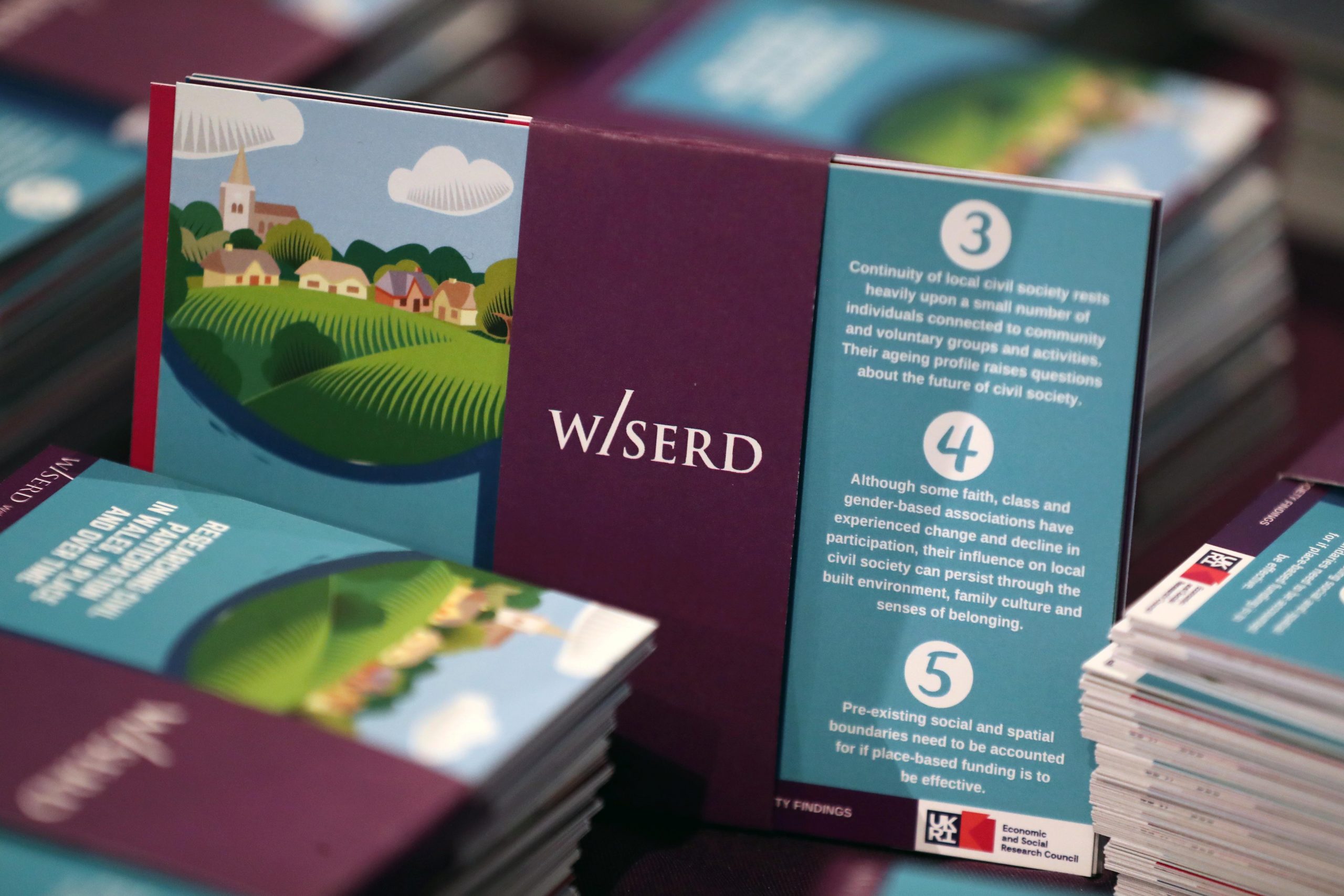Mae'r cynnwys hwn ar gael yn Saesneg yn unig.
Overview
This project utilised two key large-scale secondary data sets in order to undertake detailed analysis of what impact grandparents can have on their grandchildren’s cognitive, social and emotional development. Through this analysis the project attempted to explore the complex relationships between social mobility, spatial mobility and intergenerational transmission.
This study primarily used two existing large-scale secondary datasets. The Millennium Cohort Study (MCS) is a birth cohort study of children born in the UK in 2000-2001. The sample of children in the MCS is over-represented with children from disadvantaged backgrounds and from the smaller countries of the UK – this allows for very detailed analysis of the children from these different contexts. The other dataset used was the Understanding Society (USoc). This is a UK household longitudinal study of people living in 40,000 households across the different countries of the UK.
These two datasets were used as they both allow for relatively detailed geographical analysis at the country and regional level. They also allow for a comparison of urban and rural influences on grandparent involvement. The MCS will be particularly important in considering the impact of grandparents on child development. Analysis of the MCS has already been able to demonstrate this on child development up to age three.
This new analysis sought to consider the further influence of grandparents on children’s cognitive, social and emotional development up to the age of eleven years using the most recent sweep of data from 2011-12. Correspondingly, the USoc was particularly valuable in exploring how grandparent involvement in the early years might have changed for grandchildren of different ages and who were born at different times.
Research Questions
- What are the interrelationships between grandparent involvement in the early years and other social, economic and geographical contexts?
- What association is there between the involvement of grandparents and early child development (cognitive and behavioural) at age three years after controlling for other factors? What advantages and disadvantages are there to a child’s development?
- What impact does grandparent child care have on child development (cognitive, behavioural and wellbeing) after the age of five years? To what extent do any advantages/disadvantages outweigh one another later in the child’s life?
- Does the involvement of grandparents in the early years vary geographically? How does country and locality influence the involvement of grandparents in the early years?
- What are the policy implications of this analysis for early years interventions?
Outputs
TBC




